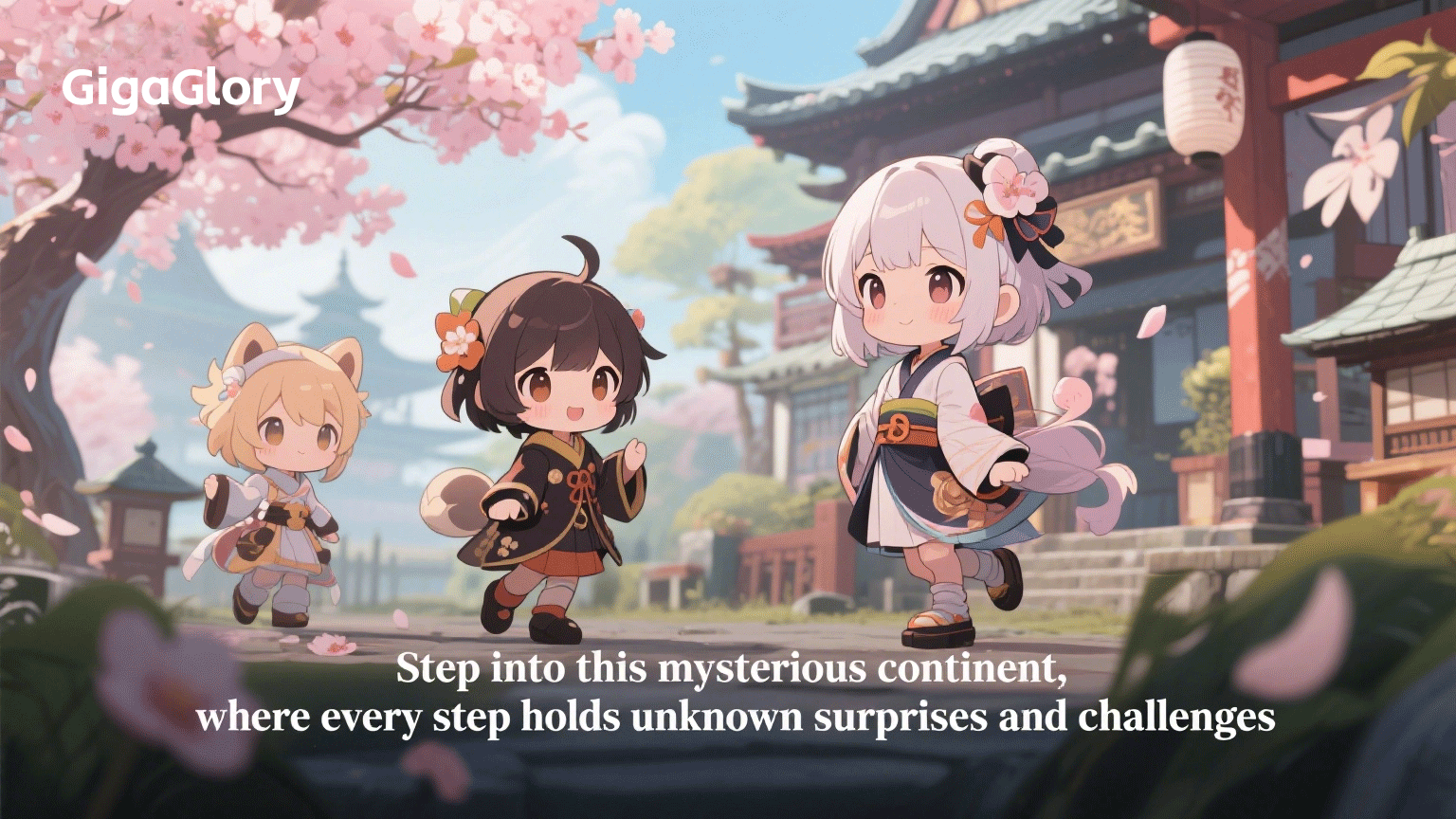From Strategy to Incremental: How Evolving Game Mechanics Captivate Players
When you think about gaming, two terms often come to mind: strategy games and incremental games. While they may cater to different gaming styles, the evolution in their mechanics has made them more captivating, attracting millions of players across the globe. In this article, we will explore how these mechanics work, the interplay between them, and what they mean for players today.
Understanding Strategy Games
Strategy games involve careful planning and tactical maneuvers to achieve victory. Examples include classics like Clash of Clans where players build their clans and command troops to defeat opponents. The number of clans in Clash of Clans keeps expanding, bringing in new strategies and dynamics with every update. Players enjoy not just the competition but the deep thinking required to outsmart rivals.
What Are Incremental Games?
Incremental games, on the other hand, showcase a different appeal. They revolve around the principle of continuous growth and building up over time. Think of cookie-clicker mechanics or even leaders in the genre like TT Games' LEGO Star Wars: The Last Jedi. These games encourage players to accumulate resources and gradually unlock new capabilities, creating a satisfying feedback loop.
Comparing Game Mechanics
Here's a comparison of mechanics found in both genres:
| Aspect | Strategy Games | Incremental Games |
|---|---|---|
| Gameplay Style | Real-time tactics and resource management | Resource accumulation over time |
| Player Interaction | Competitive versus others | Single-player focus |
| Satisfaction Elements | Outsmarting opponents | Progressing and unlocking |
How Evolution Captivates Players
The gaming landscape is continually evolving. Developers are not just creating new titles; they are innovating on existing mechanics to keep them fresh. For example, even in games like Clash of Clans, regular updates including new clans and features can drastically shift the dynamics of strategy, urging players to adapt and rethink their approaches.
The Role of Visual and Narrative Innovation
Another significant factor is the visual innovation coupled with strong narratives. Games that tell compelling stories alongside their gameplay mechanics can attract a wider audience. Take LEGO Star Wars: The Last Jedi as an example. The transformative mechanics combined with beloved characters and a rich storyline enhance player immersion.
The Community Impact
Player communities thrive on shared experiences, strategies, and discoveries. Whether through forums, YouTube, or social media, players discuss their gameplay mechanics, strategies, and even the newest updates in games. The interaction fosters a sense of belonging that both strategy games and incremental games utilize to maintain active player bases.
Key Takeaways
- Game mechanics are evolving: Developers adapt to players' expectations.
- Visuals matter: They enhance engagement and immersion.
- Community plays a vital role: Experience sharing builds loyalty.
FAQs
What makes strategy games different from incremental games?
Strategy games focus on tactical maneuvers and opponent competition, whereas incremental games focus on resource accumulation over time without direct competition.
How do updates affect player engagement?
Regular updates introduce new content, which refreshes the gameplay experience, keeping players engaged and motivated to master new strategies or mechanics.
Can both types of games coexist in a player's library?
Absolutely! Many players enjoy the intellectual challenges of strategy games alongside the simplicity and progression found in incremental games. This variety keeps gaming sessions fresh.
Conclusion
As gaming continues to develop, the relationship between strategy and incremental games becomes more intertwined. From innovative mechanics to community engagement, both genres captivate players in unique ways. Whether you’re strategizing your next move in Clash of Clans or incrementally building your resources in a one-player game, the thrill lies in the evolution and the experience of gameplay. The future of gaming looks promising, and we can expect to see exciting developments that further captivate players around the world!



